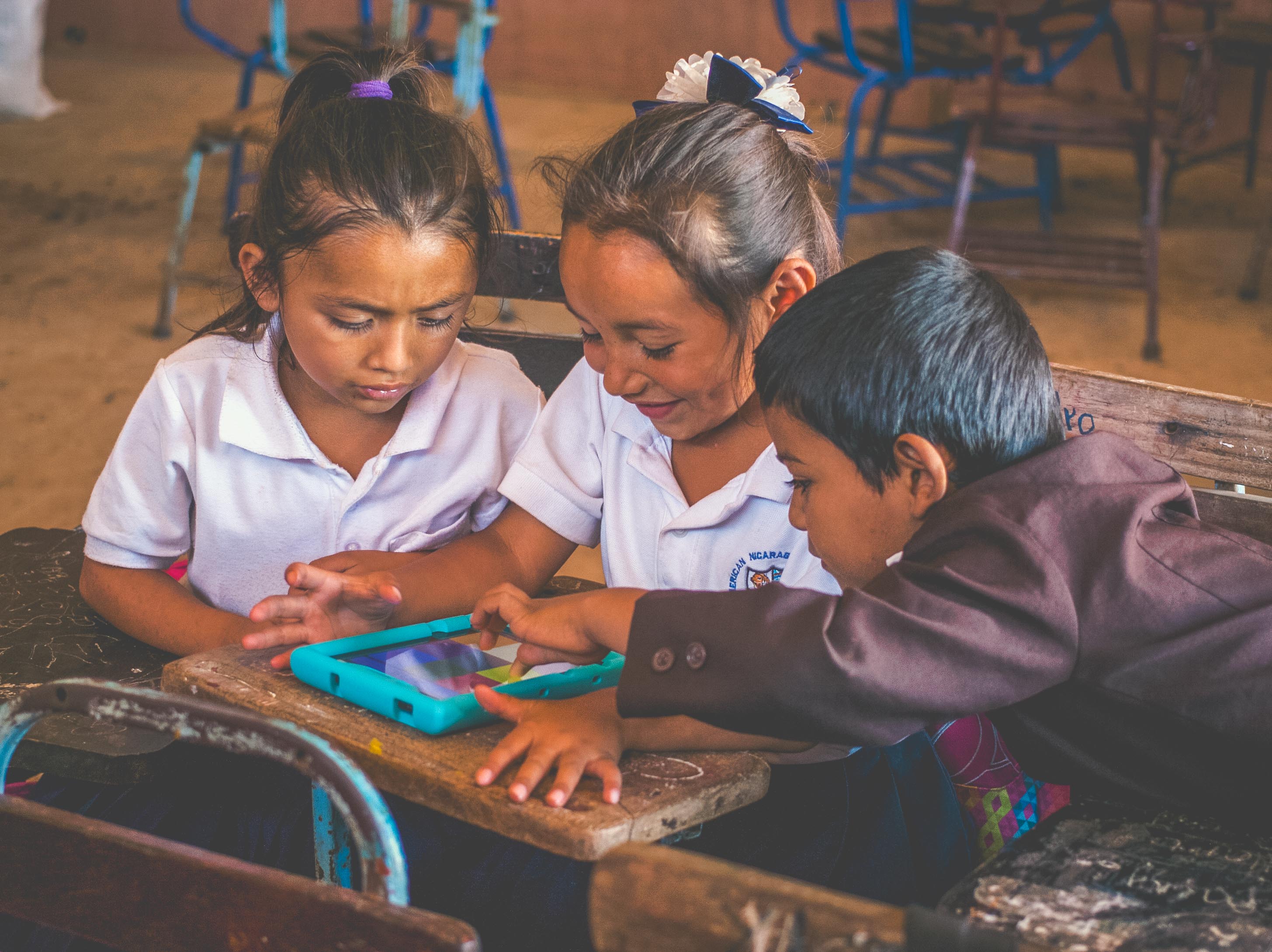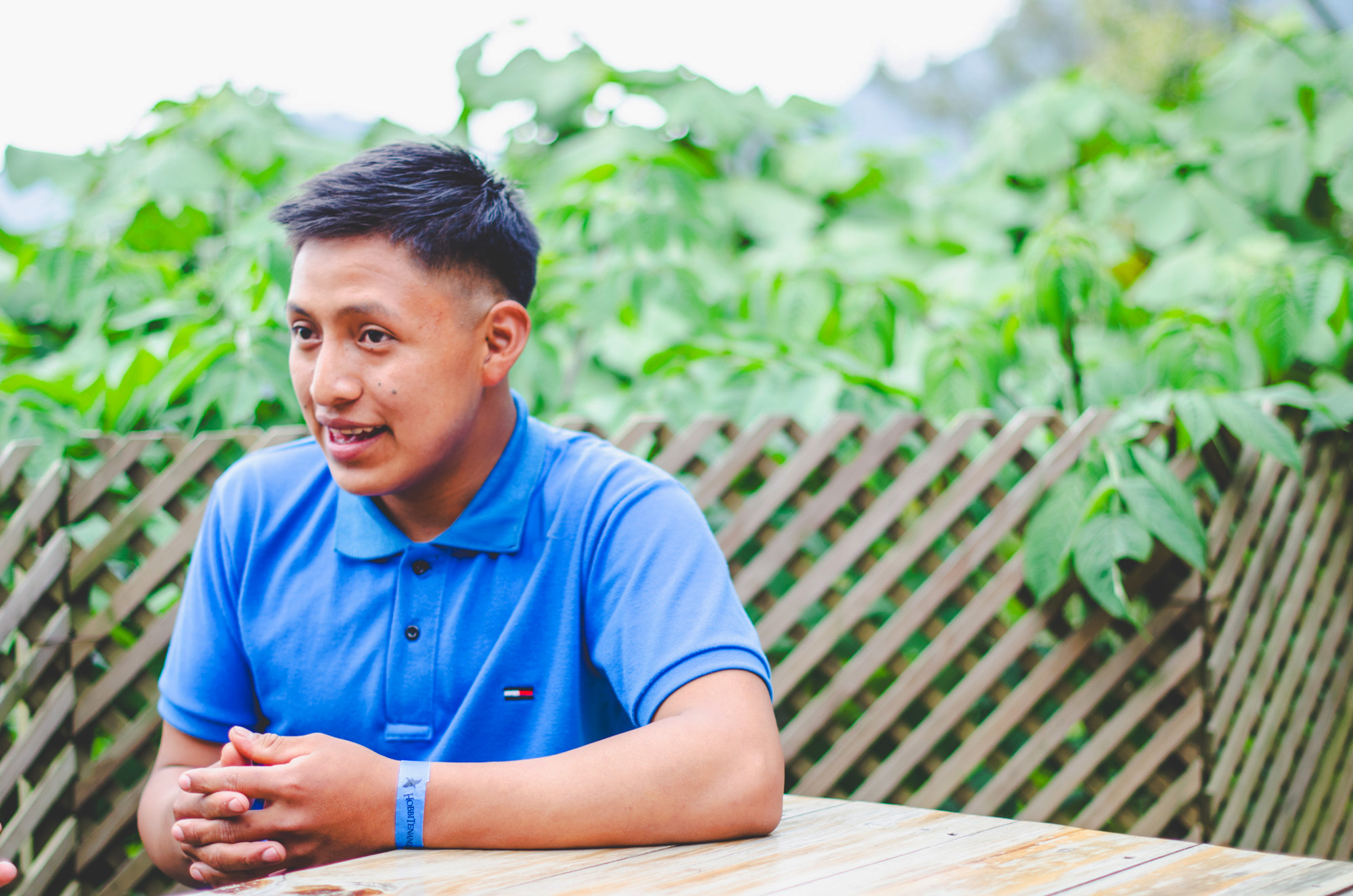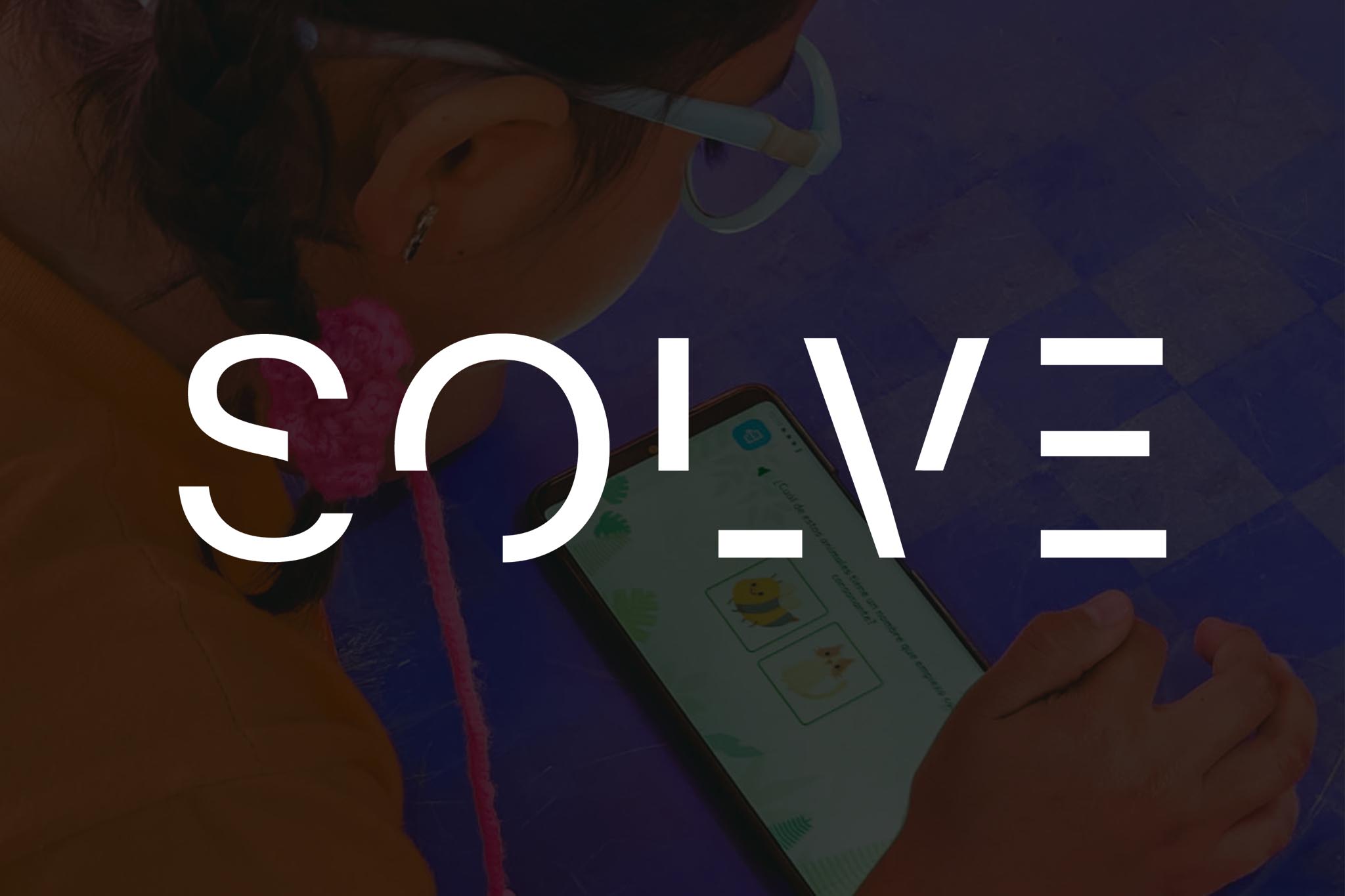Joselyn was born in a small village in Nicaragua with no running water. Like every other girl in her village before her, she thought that her education wouldn’t go past 5th grade. Most children from her rural community didn’t go on to high school, and many girls didn’t even make it as far as 5th grade. As with all of her peers, Joselyn just assumed 5th grade would be the end of her education as well.
Joselyn’s situation is common for young women in rural Nicaragua. Often expected to help with chores, childcare, and contribute to the household income instead of attending school, girls in rural villages are at high risk for dropping out before they reach 5th grade. In a region where families live off less than $1/day, few have enough money to pay for basic necessities let alone transportation or supplies for school.
Such levels of extreme poverty thus become cyclical: young women cannot develop essential life skills to grow, establish a future outside of the domestic space, or contribute to the local economy. For most Latin American children, over half of those who attend school never even learn to read, their illiteracy seriously limiting their options for a career.
And so, by the time she reached her 5th-grade year, with no resources or support, Joselyn was ready to drop out. Then Project Alianza stepped in.
Joselyn’s New Path to Growth and Success
Education and schooling play a significant role in determining a young woman’s future. With every additional year in primary school, girls marry later, have fewer children, and are less vulnerable to domestic violence. Each year of additional schooling also contributes to a young woman’s wages, which increase by 10-20% with each year of completed school. And when more income is put into the hands of women, child nutrition, health, and education all improve. To help a community thrive, education is key.
Financial assistance to make secondary school possible
Project Alianza was less than a year old when the newly formed team met Joselyn and her mother to come up with a plan to help her stay in school. They set out on a plan to help cover the financial costs of uniforms, transportation, and school supplies, and to help offset the income her family would lose from Joselyn studying instead of working. This became Project Alianza’s Cash Conditional Transfer program, providing Joselyn with essential financial support in order to reduce the household barriers that could prevent her from continuing school.
A mentor to guide Joselyn and her family
But finances alone weren’t going to support Joselyn’s future. Alianza sought to provide Joselyn with mentorship and educational guidance that would encourage further holistic growth. Ultimately, the Alianza team wanted to help provide encouragement and emotional support as Joselyn set off on a journey where no one in her family had gone before — to high school.
The first step was to pair Joselyn with a mentor — a Community Educator. Community Educators are local women hired and trained by Project Alianza as educators to provide more focused attention to young students. Primarily focused on teaching literacy skills through the Teach-at-the-Right-Level method, community educators work alongside public school teachers during and after school and provide support to students who are the first in their family to attend secondary school. Since this level of school is often new for parents too, mentors engage the student’s family in the process so they can also learn how to support and navigate schooling challenges alongside their child.
Workshops to build entrepreneurial skills & reproductive health awareness
The mentorship extends beyond classroom education. Mentos also facilitate student service projects and create opportunities for the student to attend workshops focused on career opportunities and the development of entrepreneurial skills. With after-school workshops and week-long summer programs where girls learn about reproductive health, recognizing and intervening in gendered violence, and goal setting, secondary school girls are introduced to a community of mentors and students to support them in their journey.
For Joselyn, the investment from her mentor would alter her future.
Becoming an entrepreneur
Joselyn’s journey to success wasn’t always easy. When her family moved to a new village, Joselyn had to navigate through the upheaval and change. School was hard (math especially) and it was difficult to remain consistent in her studies through the years. Yet, through all the ups and downs, Joselyn’s hard work, dedication, and perseverance paid off.
In 2021, Joselyn became the first in her family to graduate high school and her younger sister is following in her footsteps. Thanks to the support of her mentor and Project Alianza, Joselyn is now a high school graduate and runs her own childcare business in her community. By providing parents an alternative to pulling older siblings out of school to watch children too young to attend, she is helping kids in her community stay in school while growing the local economy.
The Long-term Benefits of Investing in Rural Education
Joselyn's story is just one example of how investing in rural communities can create and sustain jobs, grow local economies, and improve quality of life.
Since the day Project Alianza first sat down with Joselyn and her mother, the Cash Conditional Transfer program and the role of Community Educators have made a dramatic impact on young women in rural communities. Today, in contrast to the regional average of 55%, 80% of girls receiving cash assistance from Project Alianza are on track to graduate from secondary school with a projected income increase of 250% over non-graduates.
In turn, this kind of investment in the future of young people creates a ripple effect of progress and development for the entire community. With each successful graduate comes not only economic growth within a village, but also contributions to their local social and environmental sustainability and to the UN’s global Sustainable Develop Goals.
Someone to believe in and invest in your education changes everything, and when girls like Joselyn can stay in school, the world gets just a little bit brighter.





